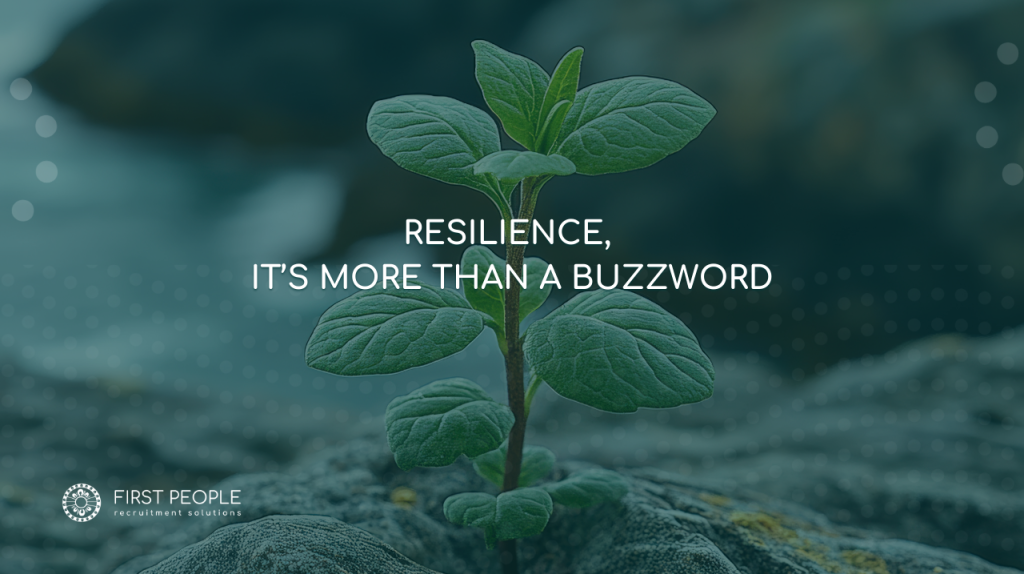Soft skills are more important than ever in a workplace where demands are always changing and vary on a regular basis. While technological proficiency is still important, employers in 2024 will increasingly recognise the critical role soft skills play in an organisation’s success. The following are the main soft skills that employers find particularly noteworthy:
- Communication Skills: The foundation of successful cooperation is the capacity to express ideas concisely, both orally and in writing. Clear and compassionate communication among staff members is essential for productive teamwork and project completion.
- Emotional Intelligence: Capturing, regulating, and expressing empathy for others are emotional intelligence skills that go beyond personal achievement to improve team interactions. Emotional intelligence improves interpersonal connections and creates a positive work environment.
- Adaptability: This is a highly valued soft talent because of the speed at which the modern workplace is changing. People who can adapt to change, deal with uncertainty, and take a flexible attitude are great contributors to an organisation’s innovation and resilience.
- Collaboration and Teamwork: One of the most important soft skills is the capacity to cooperate with others in a team. Companies appreciate employees that not only bring their special talents to the table but also help create a supportive team culture that encourages cooperation and inclusivity in the workplace.
- Ability to Solve Problems:In a dynamic work environment, problem-solving is a vital soft talent. Workers with these skills—situation analysis, critical thinking, and effective solution-proposal—are tremendous assets to their teams and companies.
- Time Management: Time management is still a critical soft skill due to the demand for efficiency and productivity. Workers that are good at setting priorities, adhering to deadlines, and managing their workloads enhance a team’s effectiveness as a whole.
- Characteristics of a Leader: Anyone who has the ability to motivate and inspire others is a leader; it is not just reserved for people in administrative positions. Employers value candidates who demonstrate leadership traits like initiative, responsibility, and peer-motivation skills.
- Creativity and Innovation:Creativity and innovation are highly valued by organisations as they strive to maintain a competitive edge. Workers that are able to think creatively, use new views, and contribute to novel ideas are invaluable assets to their companies.
- Networking Skills: Creating and maintaining business connections is a soft talent that helps the organisation as a whole and goes beyond individual development. Workers with strong networking skills help to create opportunities and collaborations.
Gaining proficiency in these soft skills makes people useful contributors to a happy and productive workplace in addition to valuable assets in their particular responsibilities. Investing in these soft skills will surely put you on a road of success and fulfillment as you manage your job in 2024.



